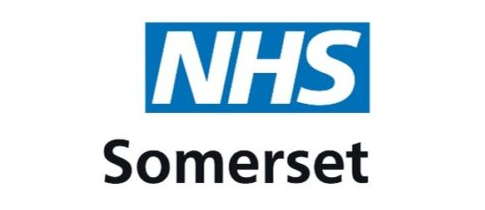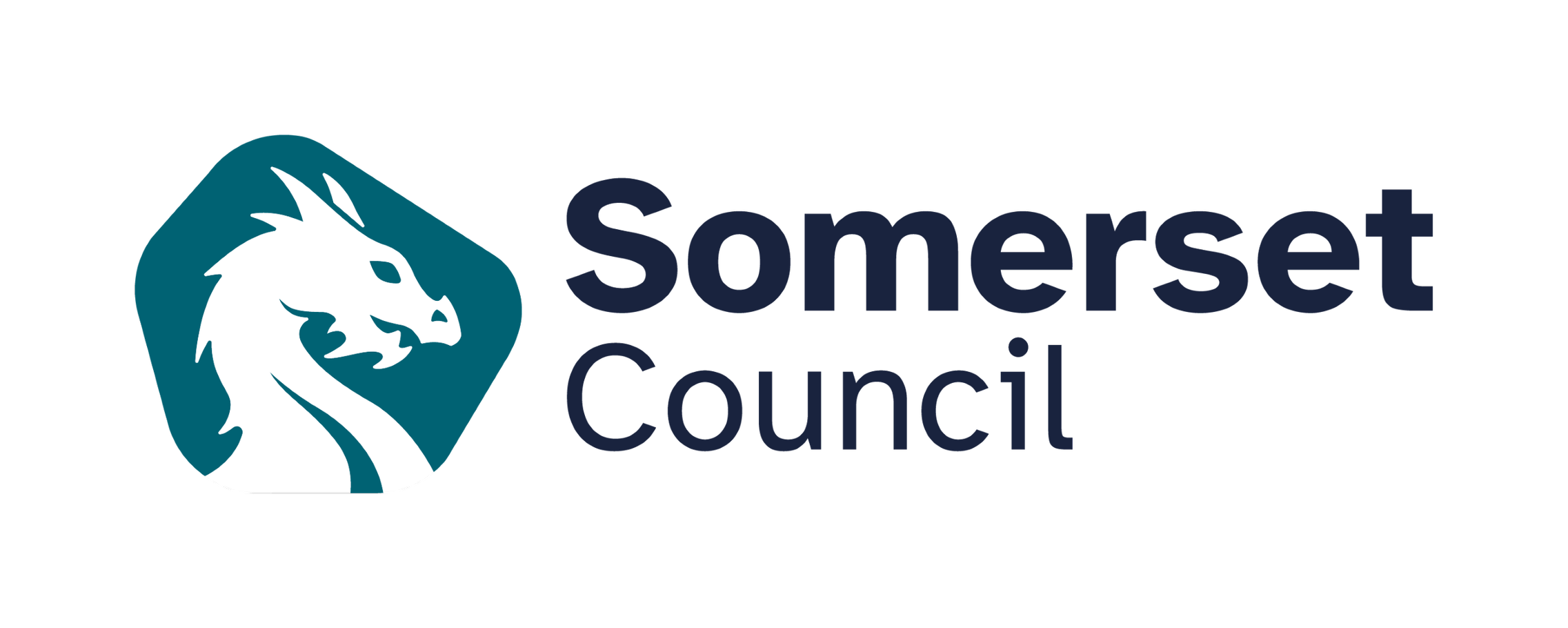Introduction
The Paediatric Continence Service in Somerset supports children aged between 0 to 18 years to help achieve and manage continence and to ensure all children and young people have the correct support and advice with regard to their bladder and bowel care problems. Children and young people will be assessed in a sensitive manner by an appropriately skilled healthcare professional with clinical expertise, and this assessment in conjunction with care pathways and guidelines will lead to high quality management of an individual’s continence needs.
The aim is to help children and young people to achieve continence where possible, to support them to achieve a good quality of life and to avoid unnecessary admissions to hospitals. Where full continence is unlikely to be achieved, we aim to support children and families to manage their condition by promoting a healthy bladder and bowel and providing continence containment products, where necessary.
Bladder and bowel problems in children
Bladder and bowel problems in children can include:
- Bedwetting
- Daytime wetting
- Urgent and frequent passing of urine during the day (more than 7 times a day)
- Constipation or faecal soiling
- Delayed toilet training
What help is available
There are 3 levels of service available:
Level 1: Health Visitor or School Nurse
- Children from 5 years old who are bedwetting can receive initial support from the School Nurse team
- Children over 1 year with mild or simple constipation can receive support from the Health Visiting team
- Children who are having difficulty with toilet training can receive initial support from the Health Visiting team
Level 2: Specialist Paediatric Continence Nurses
- Children over 5 years who are bedwetting and have not responded to Level 1 treatment
- Children who are daytime wetting or have daytime bladder symptoms
- Children with more than 1 symptom (for example, constipation and soiling or constipation and bedwetting)
- Assessment for continence products where there is a disability or complex health needs with ongoing support for maintaining a healthy bladder and bowel, toilet training and annual reviews with our bladder and bowel support workers
What families can expect from the Paediatric Continence Service
- A detailed assessment is carried out in order to gain the information needed to plan the appropriate support
- Initial assessments are face-to-face in clinics held across the county
- Families are to be fully involved in the development of a management plan for their children
- Families can help develop toileting plans that they and relevant others, such as nurseries and schools, are to implement daily
- Where appropriate the Specialist Practitioner will contribute to Education, Health and Care plans and reviews for children and young people with additional needs
- A joined-up approach is taken in working in a holistic manner with families, with person-centred approach to meet their child’s needs. We also work closely and where appropriate, make referrals to other agencies to support treatment
Provision of continence containment products
- Children are eligible for products from 5 years old and then only after the child or young person has undergone a comprehensive bladder & bowel assessment and, where appropriate, a trial of toilet training for at least three months
- We will offer regular reassessments of the child or young person’s toileting and provision of continence products
- Containment products will not usually be supplied for treatable medical conditions, such as bedwetting and constipation with overflow. In these cases, families will be offered assessment and treatment
- We will support young people and their families to ensure a smooth transition from paediatric to adult continence services for those young people requiring ongoing support and product provision
Level 3: GP, Paediatric Consultant, Urology
- Children who have not responded to Level 1 or 2 treatment
- Children with urinary infections or additional symptoms



